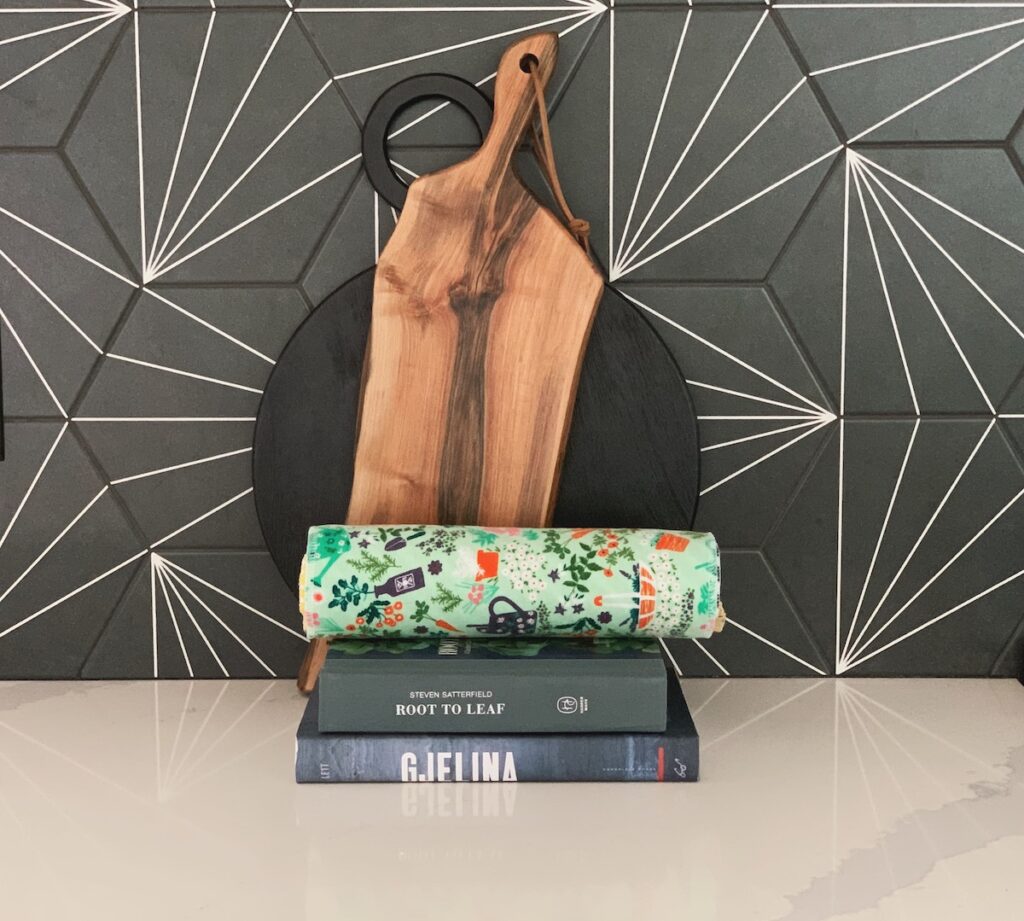I start every morning with a scroll through my Apple News feed. Of course I have favorited topics pertaining to the environment and sustainability to keep up-to-date so I can share insights and positive news with Love Local followers. I have to admit, scrolling though gloomy headlines can sometimes be depressing. The one good thing that comes of them is they make me wonder what I can personally do better and encourage others to do as well.
Convenience, instant gratification and quick fixes define a culture created and perpetuated by corporate America for one purpose, money. We’ve found ourselves in the middle of a disposable lifestyle; ads for products like Bounty and Swiffer promise us quick clean ups with less work that disappear easily into the trash bin. I’ve had to stop and ask myself at what cost am I willing to accept convenience? The phrase ‘vote with your wallet’ isn’t just a feel good adage, it has real consequences. Do I really want to put money into the pockets of big corporations who are destroying the Earth in the name of profit?
Paper towels. There’s at least one roll in all of our kitchens, in the garage, maybe one in the laundry room and even in the trunks of our cars. Paper towels have become a ubiquitous presence in our daily lives. They’re also an easy thing to use less of by incorporating a non-disposable alternative. Research into exactly how wasteful paper towels are and what goes into making them turned up more depressing facts about the industry making our paper tissue products.
Canada’s boreal forest, which according to the National Resource Defense Council (NRDC), is the largest intact forest left in the world, and sadly, it’s being cut down to make products like tissues, paper towels and toilet paper, mostly for the American market. Like most items of convenience, paper towels are made to be thrown away. Deforestation, an issue in an of itself, results in more carbon in the atmosphere, loss of biodiversity and wildlife displacement. The largest makers of paper towels, Procter & Gamble, Kimberly-Clark and Georgia-Pacific, still use 100 percent virgin wood, 0 percent recycled content, to make their products. Americans consume 13 billion pounds of paper towels a year – essentially throwing away 270 million trees in the process. The process to turn pulp into the final product requires vast amounts of water and most manufacturing facilities are run using fossil fuels.
Instead of simply using and tossing paper towels, I invested in a set of Marley’s Monsters Unpaper Towels, a roll of cloth towels. I bought them knowing they would get stained and dirty. Once I accepted that fact, it was easy to embrace them; I use the darker colors for messier cleanups. Now I automatically reach for reusable towels for almost everything. I use them as napkins, for wiping up spills, drying rinsed produce, etc. While I still keep the disposable version around, a roll lasts a lot longer. When it’s time for a new roll, I always opt for 100% recycled content or bamboo when possible; both require less energy to produce.
When you’re ready to reduce your reliance on disposable paper towels, here are some great paper free versions to consider.
Marley’s Monsters Unpaper Towels, 12 for $30
Three Bluebirds, 1 for $6.95
Well Earth Goods, 12 for 29.50
Full Circle Home, 2 for $3.99
StudioPatro, 3 for $36
Etsy, various prices
Hearth & Hand with Magnolia at Target, 2 for $9.99
Amazon, 10 for $24.99



